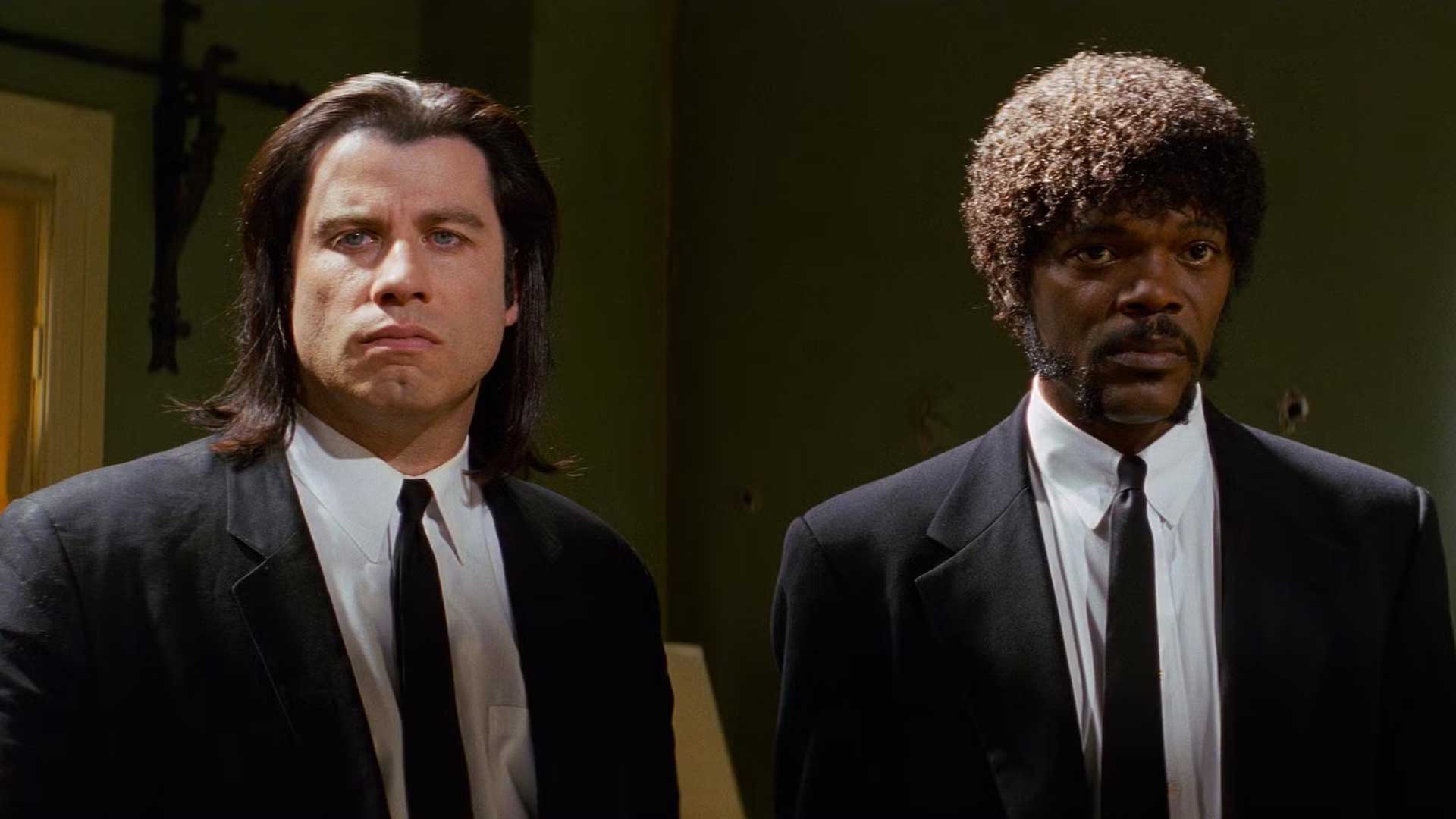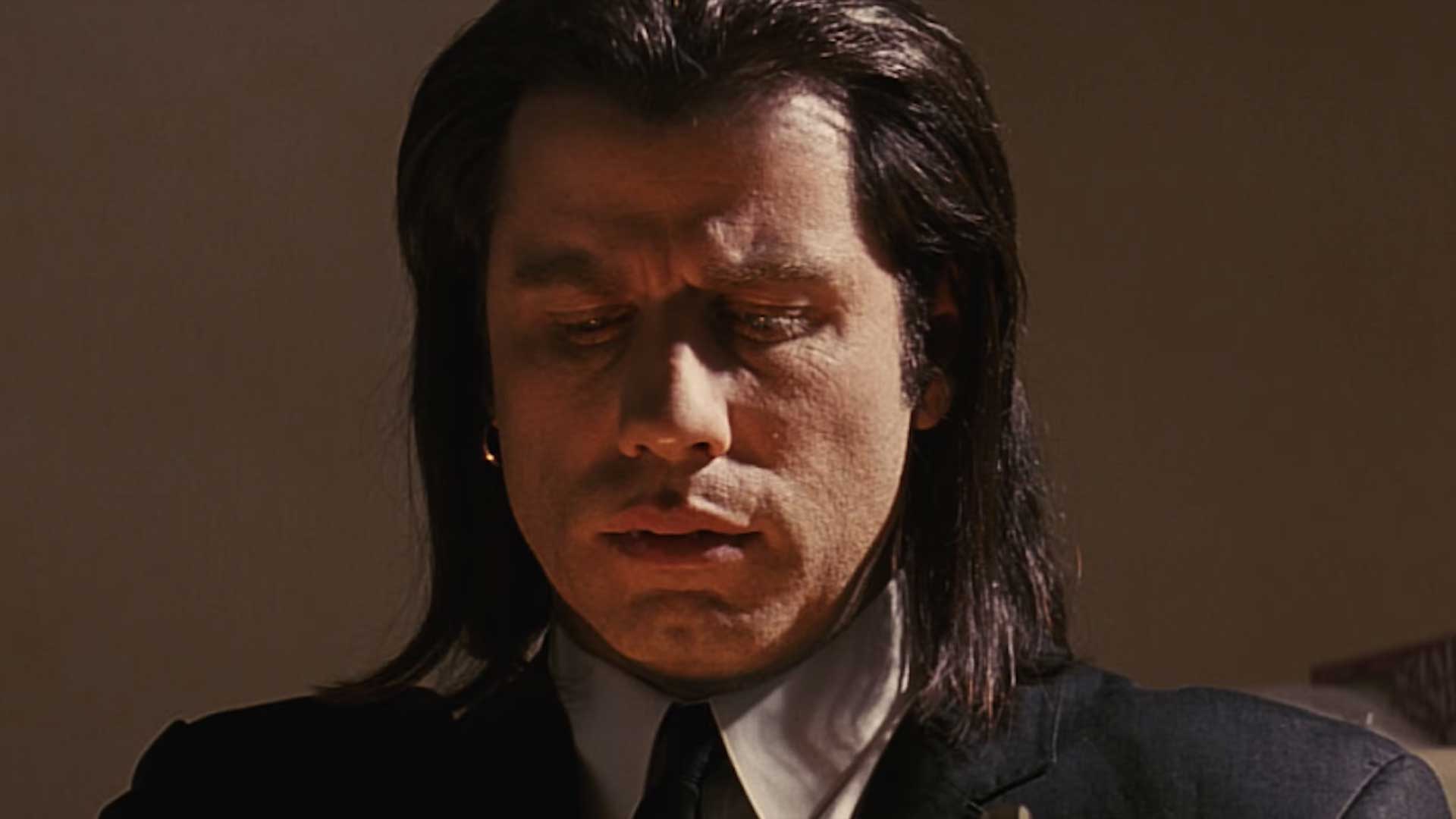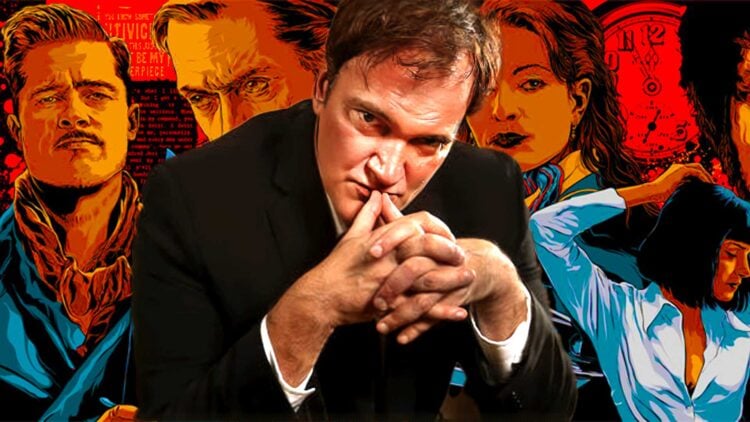When you think “Christian film,” you probably imagine Mel Gibson’s The Passion of the Christ (2004), Alex Kendrick’s The Forge or a wholesome drama playing at the church’s youth-group night. What you don’t think of is a 1994 crime flick where F-bombs rain harder than bullets and the lead characters sniff heroin. Yet Pulp Fiction, written and directed by Quentin Tarantino, is literally bursting with theology hidden in plain sight. Ignore the swear jar for five minutes, and look past all the playful violence, and you might spot a deep Christian film.
Thirty-one years later, Quentin Tarantino’s hit film is in the news again. This time, for its soundtrack, which has rocketed to number 1 in the UK’s Official Soundtrack Albums chart again. But aside from its classic music score, it’s clever dialogue and ?, when you step back and look at the story in Pulp Fiction, you’ll find that it’s a movie about miracles and the divine. And it’s not hidden. It’s actually right there in front of you.

Take the apartment hit that opens Jules and Vincent’s day. After Jules recites Ezekiel 25:17, the guy in the bathroom empties his revolver at point-blank range. But he hits nobody. The wall behind them sports bullet holes that should be in their chests. Jules, who decides to change his ways, immediately sees this as a divine rescue, but Vincent calls it bad aim.
Miracle two hits that evening. Vincent’s fun with heroin lands Mia Wallace, his boss’s wife, in full cardiac arrest. An adrenaline needle the size of a large nail brings her back to life. Resurrection imagery on a cheap carpet floor. God is talking, but Vincent Vega covers his ears again.
Miracle three arrives over bacon and burnt coffee. While Vincent heads to the bathroom, Pumpkin and Honey Bunny wave guns around the diner. But Jules stays calm, quotes Ezekiel again, and lets them off. “But I’m trying real hard to be the shepherd,” he tells Pumpkin, a line that lands because it’s spoken by a hitman, not a saint. Jules retires on the spot and lives. Vincent, on the other hand, keeps working and dies the very next morning in Butch’s bathroom. Three strikes, you’re out.

Ultimately, Quentin Tarantino’s Pulp Fiction is a story about sinners and redemption. Yes, it’s messy. Yes, it’s bloody. But isn’t real life? Aren’t the stories in the Bible? David and Bathsheba? David and Saul? Cain and Abel? Samson and Delilah? Paul and the early Christians? All violent stories with rough characters.
Just take a look at the story of Butch. Here’s a man who kills, steals and runs off. But when he is faced with the option to leave his enemy in that basement nightmare, he has a change of heart and goes from being a villain to a rescuer. It’s another very messy redemption story that could be compared to Moses or even Jacob.
Yes, there probably aren’t many people who are converting after watching Pulp Fiction, but that doesn’t mean it isn’t planting seeds. Not every spiritual awakening comes wrapped in a Hillsong soundtrack or a church organ, soft lighting and a pastor beckoning us onto salvation. Sometimes, a foul-mouthed hitman realizing he’s been spared by something bigger than himself, and choosing to walk away from a life of destruction, is all the message you need.
So why do so many believers skip Pulp Fiction? The Bible doesn’t shy away from heavy topics. I mean, just read Judges for one afternoon, and Tarantino feels tame. It’s raw. It’s imperfect. Just like so many real-life redemption stories.
RELATED: Christopher Nolan Made The Biggest Christian Movie Of All Time And Nobody Noticed










